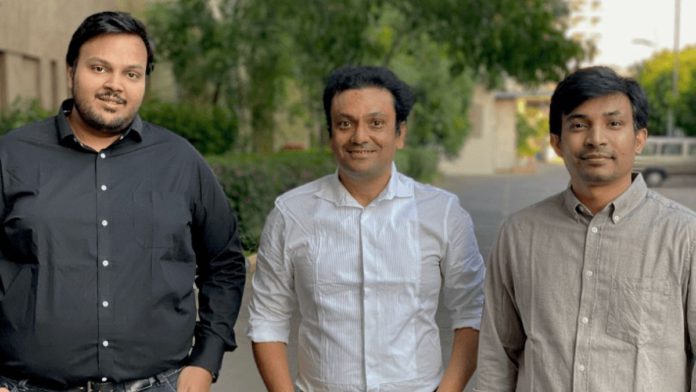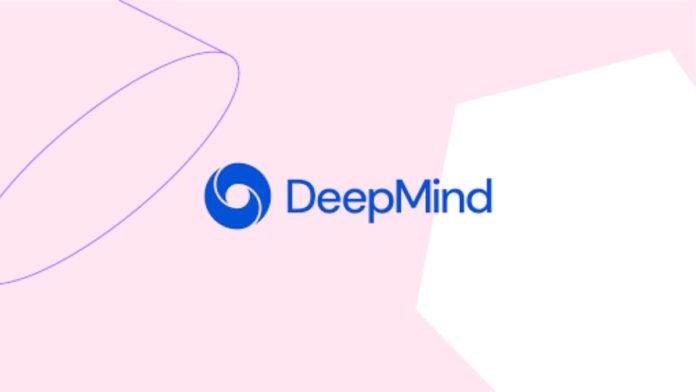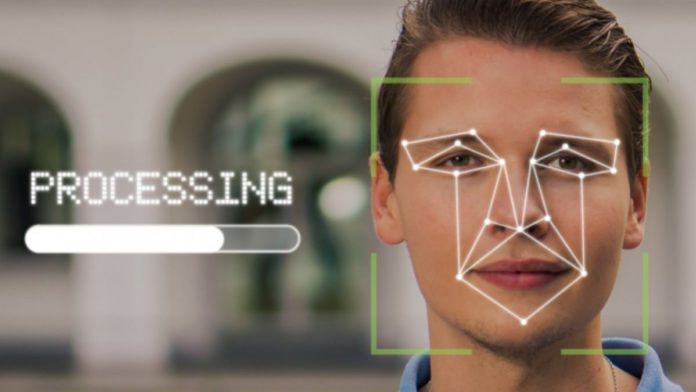Yellow messenger recently renamed itself Yellow.ai after the announcement of the launch of a new product suite. This change aims to prioritize the delivery of ‘Total Customer Experience (CX) Automation.’
The company launched artificial intelligence-powered voice bots to its existing platform of automated chat solutions. Yellow.ai’s new technology offers the best artificial intelligence and human intelligence to deliver precise and enhanced customer experience at a very competitive price bracket.
The company has already partnered with 700+ brands globally to provide them with Conversational CX automation service. This technology has now enabled brands to elevate the customer experience across multiple platforms Telephony, Google Assistant, Alexa, Instagram, Apple Business Chat, Web, WhatsApp, Facebook, Google Business Messages, Telegram, WeChat, LINE, and many more in 100+ languages.
Read More: CSEM Develops Artificial Intelligence Powered Chips That Runs On Solar Energy
Customers can now get personalized and unified assistance from the brands when they reach out to them via WhatsApp, web, or dialing the company’s customer service number. Some of the main features of Yellow.ai’s service include Multichannel voice experience via all the popular voice assistants, Text-to-Speech (TTS) capabilities which support numerous emotions like happiness and anger.
The platform also has a built-in personalization engine that can analyze the intent and sentiment of the customer, along with a continuous learning Speech-to-text (STT) system that will improve its accuracy over time. The platform offers an inclusive and unbiased approach to CX in every market segment.
The co-founder and CEO of Yellow.ai, Raghu Ravinutala, said, “The post-pandemic world is moving towards touchless UI, and ‘voice’ is playing a key role in enabling smarter brand-to-consumer engagement.” He added that Yellow.ai is dedicated to enabling human-like, engaging conversations with their new conversational CX platform.
Yellow.ai is hosting a global event, ‘Envision – the future of Voice AI’ on 22nd June to mark its product launch. The event will host industry leaders from Microsoft, Teleperformance, Concentrix, and many more.











